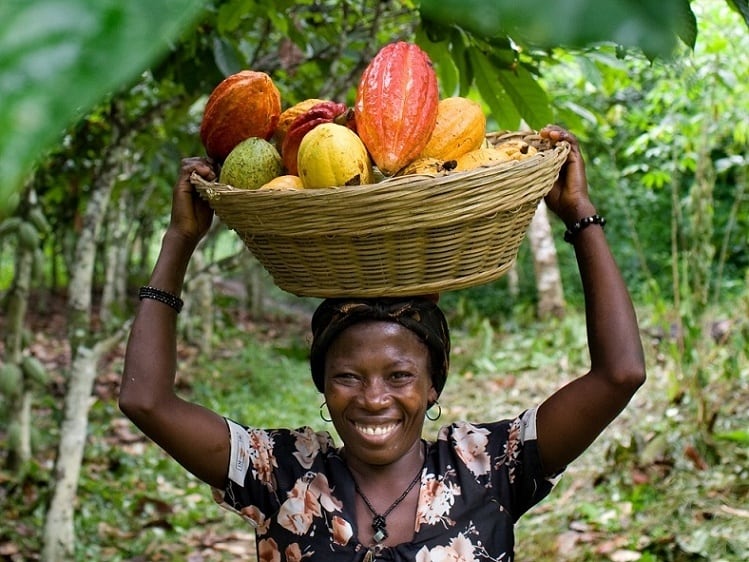The manufacturing giant said that nearly two-thirds of its total emissions are linked to agriculture, with cocoa, coffee and milk being the key ingredients for Nestlé in Europe, Middle East, and North Africa.
It has pledged to focus in the future on healthy soils, net-zero dairy farms, and sustainably sourced cocoa and coffee.
Marco Settembri, Nestlé CEO for Europe, Middle East and North Africa, said: "Our projects on healthy soils, low emission dairy farms, and sustainably sourced cocoa and coffee show promising outcomes. We are confident that those collaborations with farmers and suppliers can be extended to reach our net-zero climate goal."
By 2025, 100% of the cocoa and coffee Nestlé uses will be sustainably sourced. Nestlé said it is cooperating with farmers to avoid deforestation and rolling out an ambitious reforestation plan. In 2020, the company kicked off a public-private partnership to conserve and restore the Cavally Forest, one of the last remaining biodiversity hotspots in Côte d'Ivoire.
Katja Seidenschnur, Nestlé Sustainability Director for Europe, Middle East and North Africa, said: "We work with farmers, shift our portfolio to more plant-based products and introduce carbon-neutral brands. We also rethink our manufacturing and distribution processes as well as make our packaging more circular. All those actions will help us progress on our journey down to zero. We leverage our global R&D network to deliver on our climate commitments. Let's work together with the whole value chain and governments to get this done."
By 2025, Nestlé said it will have all its 800 global Nestlé sites using 100% renewable electricity. In 80 factories out of around 130 across Europe, the Middle East, and North Africa, the company already relies on 100% renewable electricity.

